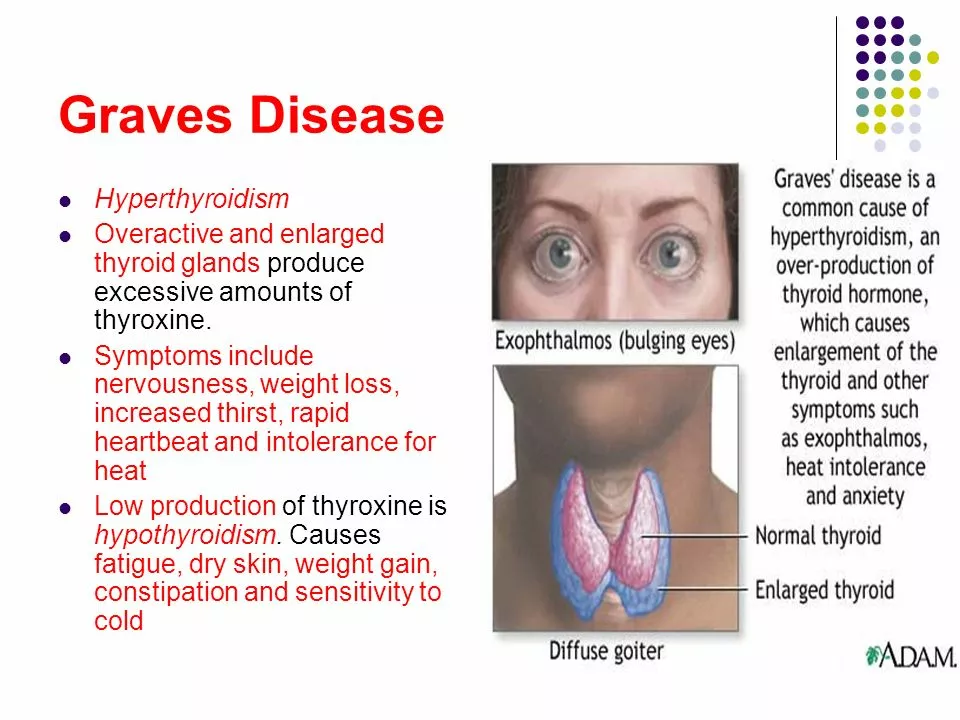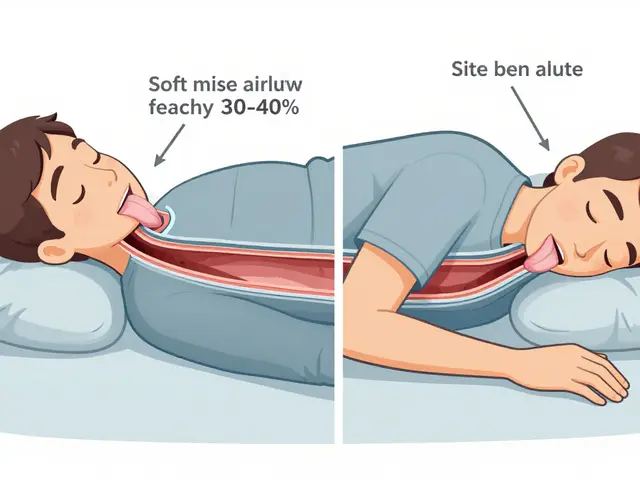Neuropathy: What It Feels Like and What You Can Do
Feeling numb, tingly, or burning sensations in your feet or hands? That could be neuropathy—nerve damage that often starts in the extremities. Some people call it "nerve pain," and it shows up in many ways: pins-and-needles, sharp jolts, or a constant burning ache. Knowing the cause and acting early makes a big difference.
Common causes and quick checks
Diabetes is the most common cause—high blood sugar slowly damages nerves. Other causes include vitamin B12 deficiency, long-term alcohol use, certain medications (like some chemo drugs), autoimmune diseases, thyroid problems, and infections. If symptoms come on after a new medicine or follow heavy drinking, mention that to your doctor. Basic tests doctors order are blood work (glucose, B12, thyroid), and sometimes nerve studies (EMG/nerve conduction) to map the damage.
Ask yourself: Is the sensation mainly in toes and fingers? Does it feel worse at night? Do you have balance trouble or weak muscles? These clues help point to peripheral neuropathy versus other problems.
Real-world ways to ease symptoms
Start with the basics: control blood sugar, stop or cut back on alcohol, and check B12 levels. Those moves slow progression and sometimes improve symptoms. For daily relief, try these practical steps:
- Topical options: 5% lidocaine patches or capsaicin cream can reduce localized pain without systemic effects.
- Oral meds: Doctors often prescribe gabapentin, pregabalin, or duloxetine for nerve pain. They help many people but can have side effects—talk dosing and expectations with your clinician.
- Physical therapy and balance training to prevent falls and keep muscles strong.
- TENS (transcutaneous electrical nerve stimulation) can give short-term pain relief for some patients.
- Supplements like alpha-lipoic acid have shown benefits for certain neuropathies; get medical advice before starting anything.
Foot care matters. Loss of feeling increases the risk of ulcers and infections. Check feet daily, wear supportive shoes, and treat even small cuts promptly. If you have diabetes, regular podiatry visits pay off.
When should you see a doctor? If symptoms are new, rapidly worse, involve sudden weakness, or include bowel/bladder changes, seek care quickly. Early diagnosis can change the treatment path and reduce long-term damage.
Living with neuropathy takes a combination of treating the cause, protecting your nerves, and managing symptoms. Small, consistent changes—better glucose control, careful foot care, and the right therapies—often give the biggest wins. If you want, I can point you to articles on specific treatments, like diabetic neuropathy care, topical pain relievers, or medication comparisons.





